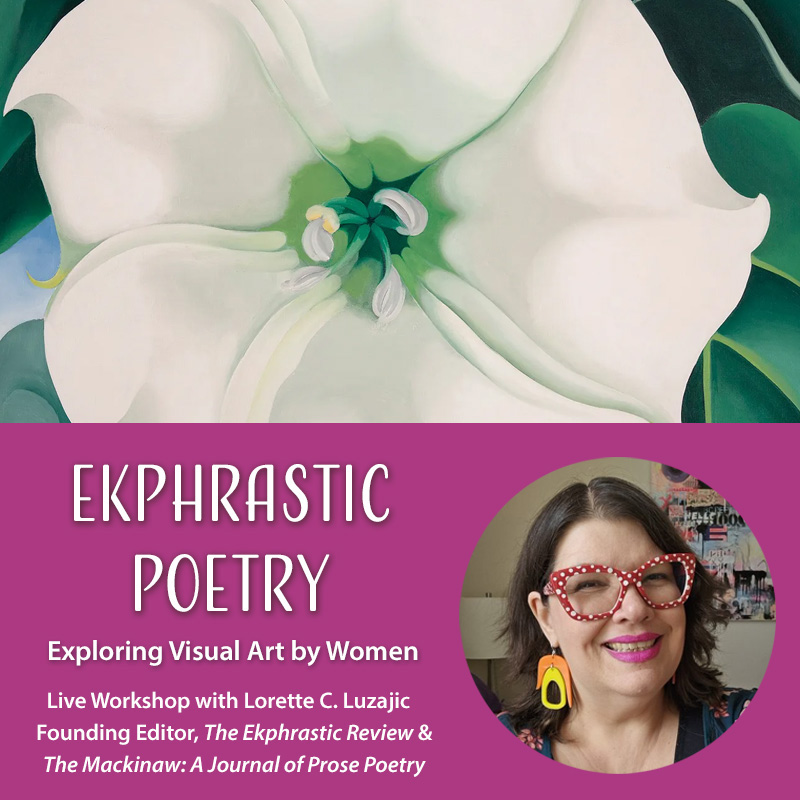By far, my most favorite part of the writing process is creating characters. It doesn’t matter if it’s a novel or flash fiction, I can sit all day—and often do!—coming up with dialogue, background info, and surprising-even-me details. Because good characters can make or break your story!
Consider common editorial critiques (of the not-so-good kind):
*Voice lacks
*Flat characters
*Sagging plots
*Poor marketability
A compelling cast of characters can fix all those problems. Maybe not quite so easily with a sagging plot, but even with plot, characters can come to the rescue. Following their lead can take a writer out of the messy middle and into an enviable ending.
So how does one go about developing these awesome characters? Most often, we write what we know. Which brings me to a conversation I had recently with a friend who’s read my mystery.
SHE: “So do you think Brunhilda (not her real name) will recognize herself in your novel?”
ME: “Ha!”
Not that Brunhilda isn't a very clever gal but here's the thing when it comes to my character-building: Though there may be similar characteristics to someone I know, my characters are an amalgam of many friends, acquaintances, and family members, mixed in with my own attributes. So there may be something of Brunhilda in several characters, in both males and females, in teens and seniors. For me, creating a character is a sort of stroll down the Character Buffet Line, picking first this trait, then layering with this quirk, and possibly sprinkling with this accent.
A word of caution, though. Choosing personality characteristics willy-nilly without thought as to why you’re developing a character in a certain direction will give you cardboard folks that won’t stand up through the story. Plus, it’s a bit lazy.
Take the Southern character, for example. Throwing in a “y’all” every once in a while does not a Southerner make. Conversely, peppering every bit of dialogue with some kind of colorful Southern expression can get awfully tiring to the reader. And real Southerners don’t talk like that.
Strive for authenticity. That’s why you look to people you know, how they talk, how they behave. But make the character your own. You want relatability; you don’t want to be sued (Or hurt anyone’s feelings).
Next, consider using “like” experiences to give a character depth, especially if a character’s out of your wheelhouse.
My novel has an ensemble of Southern ladies and as I know a lot of Southern ladies, developing each character, making them unique, was a lot of fun—and personal. There’s something of me in each character, even the Preacher’s Wife.
Now, I am far from a preacher’s wife; I do know a preacher’s wife and that was helpful up to a point. But more helpful was my own experience as the Dean’s Daughter.
Many years ago, I moved to a small Southern town with a college where my father was the academic dean. And yep, I was a student there. Like a preacher’s wife, I lived in a fishbowl. It was a completely different experience for me and it left a lasting impression, one I drew on to write the preacher’s wife.
So take the time to create authentic, interesting, compelling characters worthy of your story. After all, readers long remember the likes of Scarlett O’Hara and Rhett Butler. But all the thousands of details in between? They just might be gone with the wind!



















